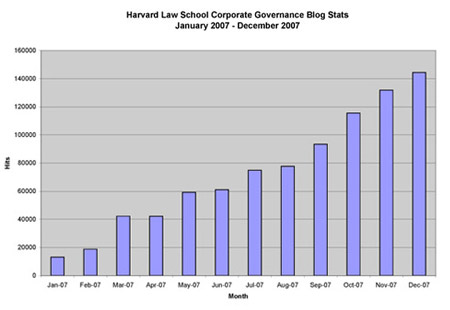This post is from Joseph Hinsey of Harvard Business School.
“Constituency director” is a somewhat unfamiliar term in the corporate lexicon for public companies. Perhaps even less familiar, in terms of corporate law and corporate governance, is the status of a “constituency director” vis-à-vis the duty of loyalty and traditional fiduciary duty; specifically, is it different than time-honored expectations imposed upon a typical director serving on the board of a public company?
What is a “constituency director”? We deal here with public company directors whose board membership is attributable to one or more particular constituencies, such as a director whose board election is (or would seem to be) otherwise traceable to a recognizable voting constituency or “sponsor”. [nota bene: this commentary is focused upon – and limited to – the public company environment, for private company situations will often present understandably different considerations (e.g., the family corporation).] Classic examples would include parent company executives serving on the board of a majority-owned subsidiary that is still a public company and union representatives serving on the board pursuant to a collective bargaining agreement. Other examples would typically be (i) private equity or venture capital representatives continuing on the board of the enterprise, after it has again become a public company, until their firm’s investment has been completely liquidated, (ii) directors elected by a separate class of securities (such as a preferred) entitled to board representation so long as that class of securities is outstanding, and (iii) family board members (with significant equity ownership – directly or in family hands) continuing their directorships after their privately-held family enterprise becomes a public company.
